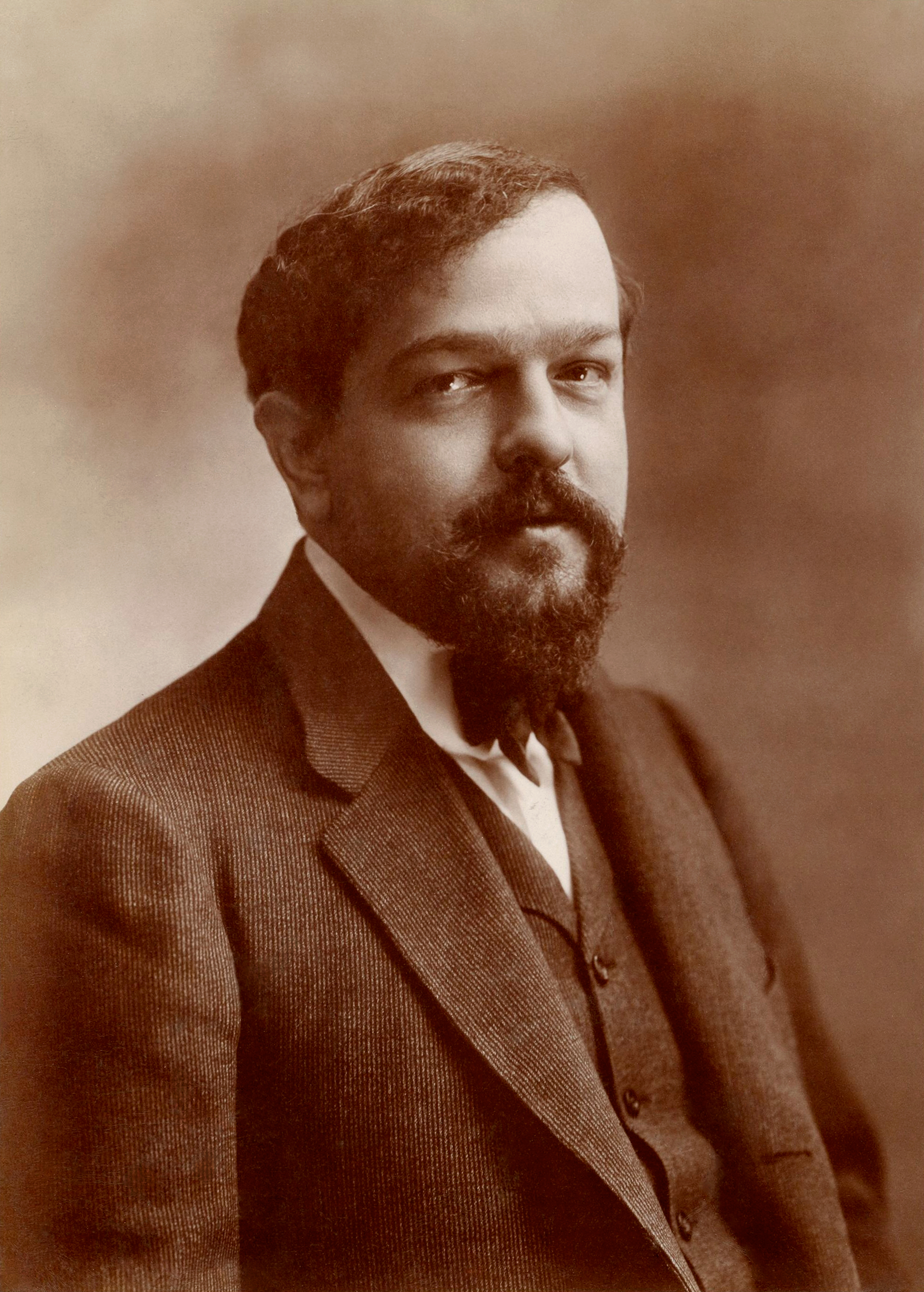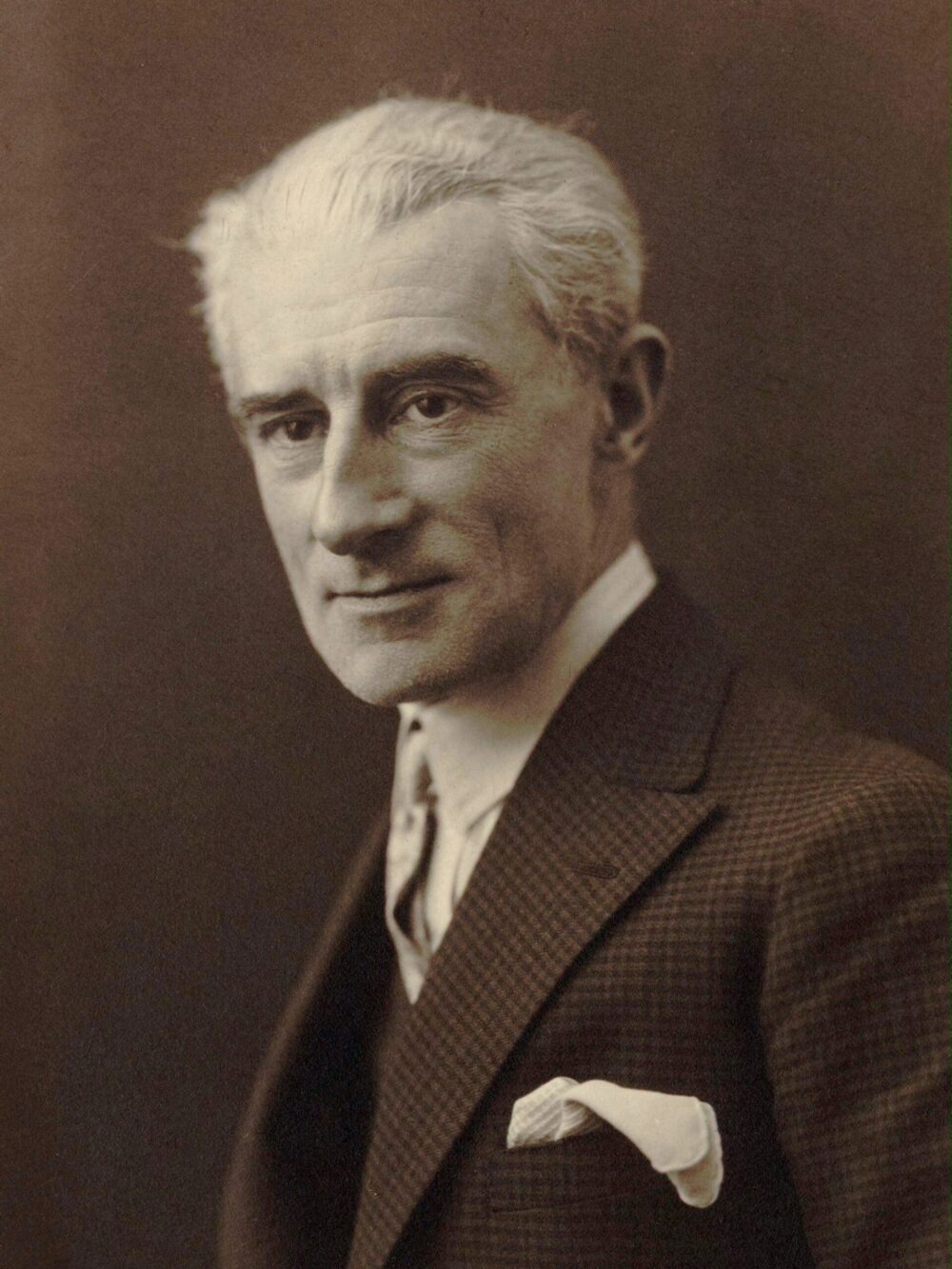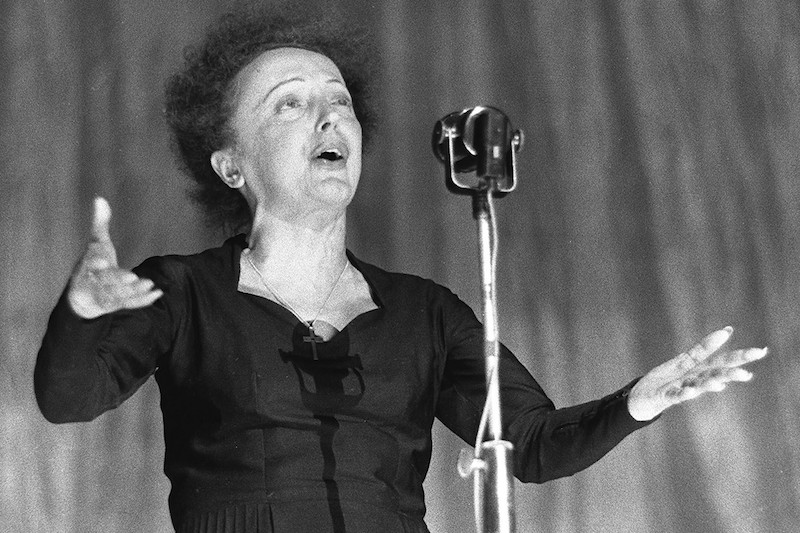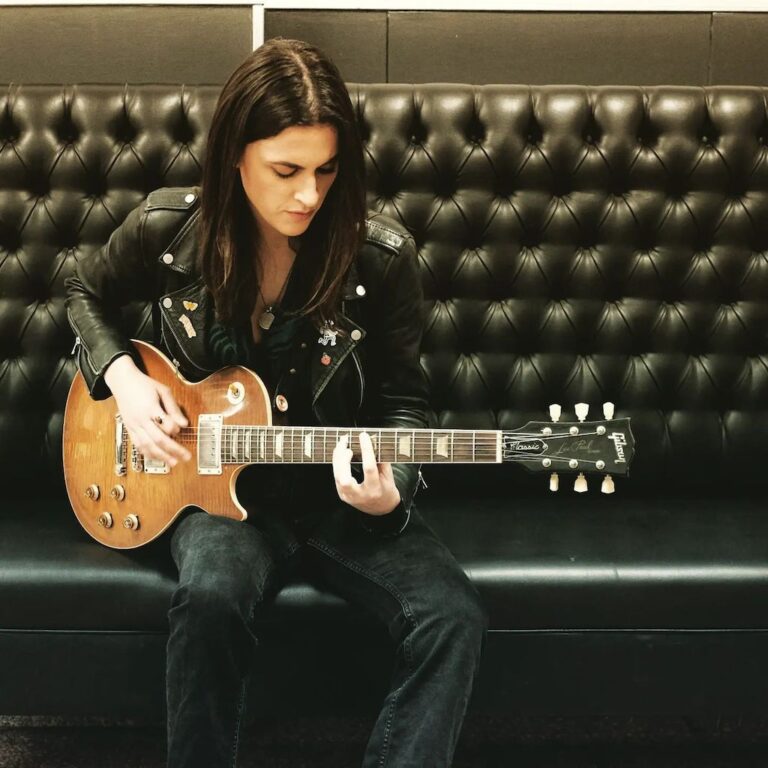French Music: A Journey Through Time and Sound
A comprehensive journey through the rich history of French music, from its medieval origins to contemporary stars. Explore the evolution of musical styles, influential composers, regional traditions, and France’s enduring impact on global music.
French Music Timeline
Origins & Gregorian Chant
Early sacred music emerges with Gregorian chant and monophonic liturgical forms. Polyphony and the Notre Dame School (Léonin & Pérotin) begin to shape Western music.
Rise of Chanson & Polyphony
Chanson grows, troubadours and trouvères compose secular songs of love and chivalry. Polyphonic style develops (Josquin des Prez, Guillaume Dufay). Printing enables mass distribution.
Opera, Ballet & Ornamentation
Jean-Baptiste Lully innovates French opera and ballet, merging music with drama and dance. Rameau introduces harmonic sophistication, court music flourishes.
Simplicity & Enlightenment
Emphasis on elegant melody, balanced forms, and emotional restraint (Couperin, Gossec, Grétry). Growth of symphonic and chamber music.
Emotion & National Identity
Hector Berlioz, Camille Saint-Saëns, and Gabriel Fauré pioneer expressive symphonies, operas, and choral works. French identity and folk elements rise.
Color & Atmosphere
Claude Debussy and Maurice Ravel bring lush harmonies, subtle textures, and evocative soundworlds. Impressionism influences composers globally.
Innovation & Global Impact
Ravel, Messiaen, Boulez, and Dutilleux expand the language of music. Electronic/avant-garde emerge (musique concrète, spectralism). Jazz, chanson, and pop take center stage.
Diversity & Modernity
France’s music embraces pop, hip-hop, world, electronic. Daft Punk, Stromae, Christine and the Queens, and more become global sensations. Traditional roots blend with innovation.
French Influence across Musical Genres
Icons of French Music
 Claude Debussy
Impressionist composer. Works like “Clair de Lune” and “Prelude to the Afternoon of a Faun” changed modern harmony.
Claude Debussy
Impressionist composer. Works like “Clair de Lune” and “Prelude to the Afternoon of a Faun” changed modern harmony.
 Maurice Ravel
Innovative orchestrator. Famous for “Boléro”, “Daphnis et Chloé”, and exquisite piano music.
Maurice Ravel
Innovative orchestrator. Famous for “Boléro”, “Daphnis et Chloé”, and exquisite piano music.
 Édith Piaf
The “Little Sparrow” of chanson. Known for “La Vie en Rose”, her moving voice remains iconic.
Édith Piaf
The “Little Sparrow” of chanson. Known for “La Vie en Rose”, her moving voice remains iconic.
 Daft Punk
Electro pioneers. Merged house, disco, and pop to reinvent dance music worldwide.
Daft Punk
Electro pioneers. Merged house, disco, and pop to reinvent dance music worldwide.
 Serge Gainsbourg
Provocateur and poet of chanson. Known for “Je t’aime… moi non plus” blending wit and emotion.
Serge Gainsbourg
Provocateur and poet of chanson. Known for “Je t’aime… moi non plus” blending wit and emotion.
 Stromae
Modern pop and hip-hop hybrid. Wrote global hits like “Alors on danse” and “Papaoutai”.
Stromae
Modern pop and hip-hop hybrid. Wrote global hits like “Alors on danse” and “Papaoutai”.
Regional Variations in French Music
Brittany & Normandy
Features Celtic-inspired folk, bagpipes, bombarde, and lively dances celebrated at Interceltic festivals.
Alsace
Accordion, fiddles, and German-influenced folk dominate festivals like the Sundgau.
Provence & Languedoc
Mediterranean rhythms, tambourines, castanets, flamenco inflections, and Italian and North African blends.
Paris & Île-de-France
Birthplace of chanson and musette. Cafés and cabarets inspired classic pop and modern singer-songwriters.
Vendée & Western France
Strong accordion, hurdy-gurdy and violin usage in rural celebratory traditions.
The Alps & Pyrenees
Mountain folk, bagpipes, fifes, drums, and pastoral vocal traditions enrich festivals and village life.
Major French Music Festivals
Fête de la Musique
- Annual national celebration on June 21. Streets fill with free music, dance, and performances of all styles and ages.
Francofolies de La Rochelle
- Summer festival amplifying French-language pop, rock, and rap. Launchpad for emerging artists and crowd-loved stars alike.
Montreux Jazz Festival
- International event, not exclusively French but with deep ties to the French jazz scene. Jazz, experimental, and crossover genres thrive.
Rock en Seine
- Paris-based, top international and French artists in rock, indie, and urban music at Domaine National de Saint-Cloud.
Modern French Music
10 Facts About French Music
-
1
France’s music history spans over 1,200 years, beginning with Gregorian chant in medieval monasteries.
-
2
“La Marseillaise”, France’s national anthem, was composed in a single night during the French Revolution in 1792.
-
3
The Paris Conservatory, founded in 1795, remains one of the world’s oldest and most prestigious music institutions.
-
4
France established the world’s first music copyright laws in 1793, protecting composers’ ownership of their works.
-
5
Impressionism in music originated in France with composers like Debussy and Ravel, revolutionizing harmony and texture.
-
6
French radio stations are legally required to play a minimum of 40% French-language songs to preserve cultural heritage.
-
7
Pierre Schaeffer created the world’s first electronic music (“musique concrète”) in Paris in 1948.
-
8
The Fête de la Musique (June 21) began in France in 1982 and has now spread to over 120 countries worldwide.
-
9
France hosts over 1,800 music festivals annually, more per capita than almost any other country.
-
10
Ravel’s “Boléro” was the best-selling classical music piece of the 20th century and features the longest crescendo in orchestral music.
FAQ about French Music
Chanson is a lyric-driven French song tradition dating to the Middle Ages. It emphasizes storytelling, emotion, and melody, ranging from classic ballads to modern pop.
Notables include Claude Debussy, Maurice Ravel, Hector Berlioz, Camille Saint-Saëns, Gabriel Fauré, Jean-Philippe Rameau, and Francis Poulenc.
France inspires global pop, hip-hop, EDM, and contemporary classical music. French electronic and pop artists are among the most streamed internationally. French conservatories and music festivals are key hubs for international collaboration.
If you enjoyed this article and want to support more content, you can buy me a coffee on Ko-fi. Merci, gracias, thanks!💙
You Might Also Like
Famous French Songs
Explore timeless classics that define France’s musical identity across generations.
Binaural Gamma Waves
Discover how French music intersects with neuroscience and mental performance.
10 French Musicians to Know
A curated list of must-know artists who have shaped French music past and present.




